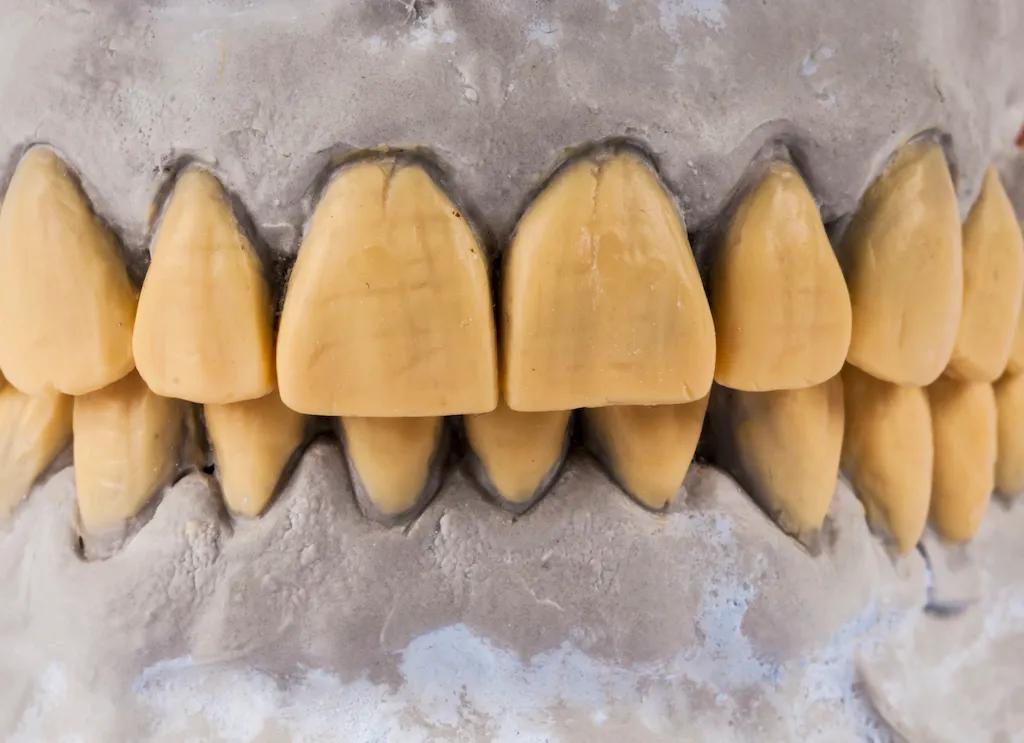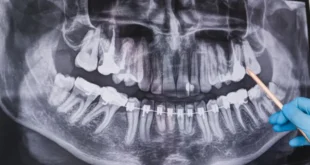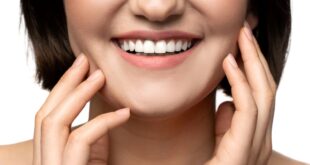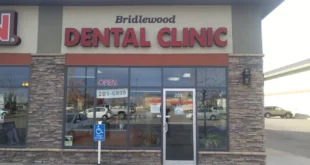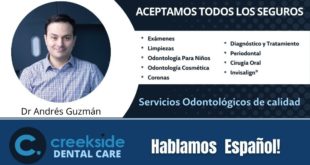Tooth erosion, a common dental problem, can lead to serious oral health problems if left untreated. Let’s explore what it is, its symptoms, causes, treatment options and preventive measures.
What is Dental Erosion?
Refers to the gradual loss of tooth enamel, the protective outer layer of the teeth. This erosion occurs when acids wear away the enamel, leaving the underlying dentin exposed. Over time, dental erosion can lead to tooth sensitivity, discoloration, and increased risk of cavities.
Symptoms and Complications
Symptoms include tooth sensitivity, especially to hot, cold, or sweet foods and drinks, as well as tooth discoloration and rough edges on the teeth. If left untreated, dental erosion can progress to more severe complications such as cavities, tooth decay, and even tooth loss.
Causes of Dental Erosion
Several factors contribute, including:
- Acidic Foods and Drinks: Consuming acidic foods and beverages such as citrus fruits, soda, and sports drinks can weaken tooth enamel over time.
- Acid Reflux: Acid reflux disease, also known as GERD, exposes the teeth to stomach acid, which can erode enamel.
- Dry Mouth: Saliva helps neutralize acids in the mouth and remineralize enamel. A lack of saliva due to conditions like dry mouth can increase the risk of dental erosion.
- Brushing Too Hard: Brushing too vigorously or using a hard-bristled toothbrush can wear down enamel.
- Certain Medications: Some medications, such as antihistamines and antidepressants, can contribute to dry mouth, increasing the risk of erosion.
When to See Your Dentist
If you experience symptoms or suspect you may be at risk, it’s essential to see your dentist promptly. Early intervention can help prevent further damage and preserve your oral health.
Treatment Options
Treatment depends on the severity of the condition. Mild cases may be managed with fluoride treatments to strengthen enamel, while more advanced erosion may require dental bonding, fillings, or crowns to restore the teeth’ structure and function.
Prevention
Preventing dental erosion involves:
- Limiting Acidic Foods and Drinks: Reduce your consumption of acidic foods and beverages and rinse your mouth with water afterward.
- Using Fluoride Products: Use fluoride toothpaste and mouthwash to strengthen enamel and protect against erosion.
- Practicing Good Oral Hygiene: Brush your teeth twice a day with a soft-bristled toothbrush and floss daily to remove plaque and prevent erosion.
- Seeking Treatment for Acid Reflux: If you have acid reflux, seek treatment from your healthcare provider to reduce stomach acid exposure to the teeth.
- Regular Dental Check-ups: Visit your dentist regularly for check-ups and cleanings to monitor your oral health and address any concerns promptly.
In conclusion, dental erosion is a common but preventable dental condition that can lead to significant oral health issues if left untreated. By understanding the causes, symptoms, and treatment options for dental erosion, as well as adopting preventive measures, you can safeguard your teeth and enjoy a healthy smile for years to come.
 Cupon Latino Cupones de descuento en negocios latinos
Cupon Latino Cupones de descuento en negocios latinos
